Turandot
Giacomo Puccini
Dramma lirico in three acts (five scenes)
The opera was completed by Franco Alfano
Libretto: Giuseppe Adami and Reanto Simoni after Carlo Gozzi
World premiere: 24 April 1926, Milan
Premiere of the production: 17 April 2011
In the original Italian
Nessun dorma – an aria from the opera Turandot – was made world famous thanks to the Three Tenors Concert at the Baths of Caracalla on 7 July 1990, the eve of the World Cup. 'Vincerò, vincerò, vincerò' – the triple 'I shall triumph' – sent shivers down the spines of the crowds. It was just like in Puccini’s times, when arias from his operas resounded en masse on gramophone records (turntable: discovery of the century) recorded by the legendary Enrico Caruso. Puccini was a star the magnitude of today’s pop stars – he made a good living, lived like a lord, had numerous and complicated relationships with women. 'Erotomania and sensibility, macho behaviour and subtlety – the heroes of his operas, like Puccini himself, embody these contradictions, they are full-bloodied characters, and that is why they remain so close to us,' notes the German tenor Jonas Kaufmann (who in 2015 recorded Nessun Dorma. The Puccini Album with Antonio Pappano). Turandot as an opera is a journey into human psyche; it is a fable about lust, wisdom, sacrifice. Mariusz Treliński brings out the psychoanalytical power of this piece as he takes us on this journey and strips us naked, allows us to peer into the depths of ourselves. As Tomasz Cyz writes, 'If we are therefore dealing with realism here, it is magical realism. Puccini’s operas are fables that we could listen to for a thousand nights and more, without ever growing tired of them. They contain the power of myth, its universality, capacity, its potential to remain suspended in time'.
Cast
Credits
Sponsors
-
Mecenas Teatru Wielkiego - Opery Narodowej
-
Partnerzy Teatru Wielkiego - Opery Narodowej
-
Patroni medialni Teatru Wielkiego - Opery Narodowej
-
Patron of Teatr Wielki - Polish National Opera
-
Partners of Teatr Wielki – Polish National Opera
-
Media patrons of Teatr Wielki – Polish National Opera





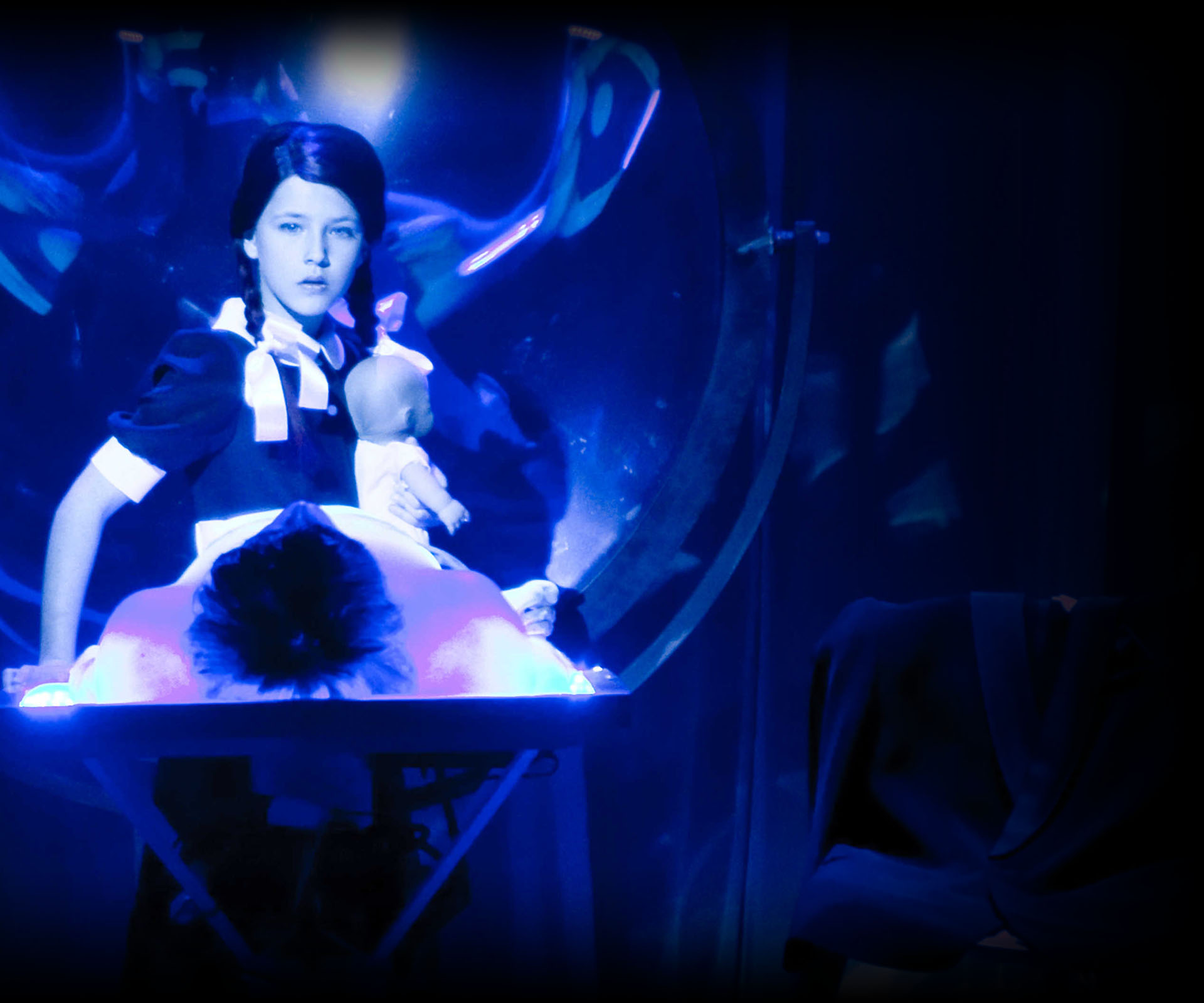
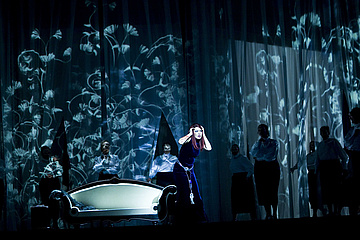
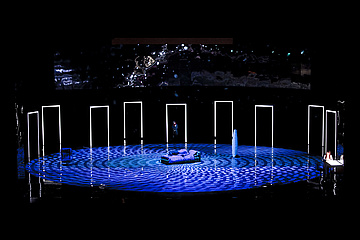
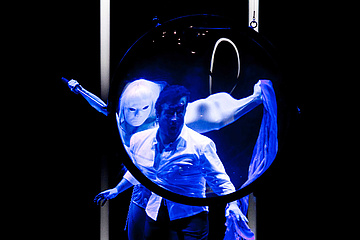
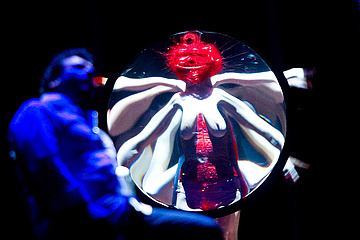
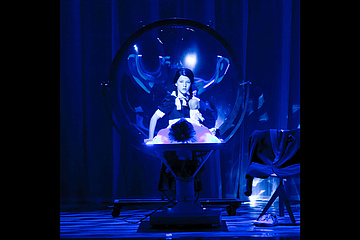
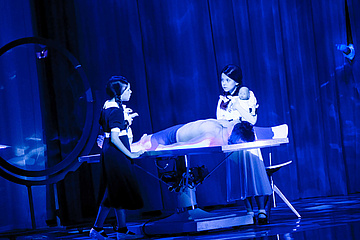
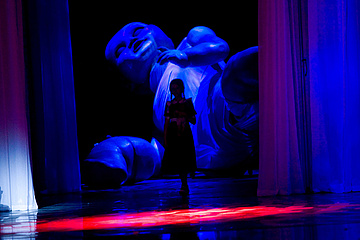
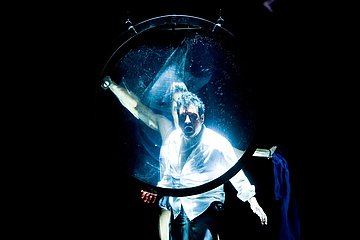
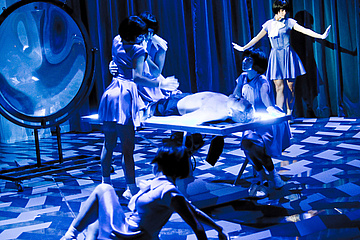
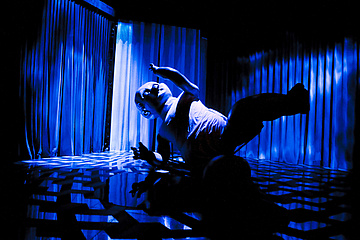
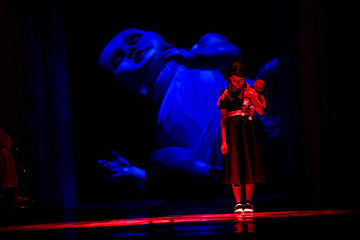
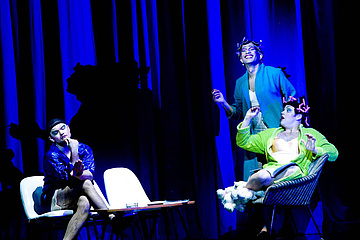
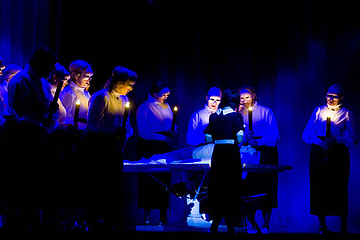
 Lilla Lee
Lilla Lee 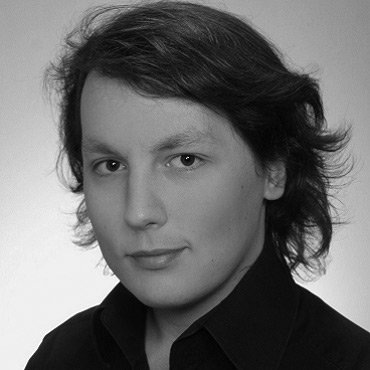 Piotr Maciejowski
Piotr Maciejowski  Rafał Siwek
Rafał Siwek  Leonardo Caimi
Leonardo Caimi  Katarzyna Trylnik
Katarzyna Trylnik  Łukasz Rosiak
Łukasz Rosiak  Mateusz Zajdel
Mateusz Zajdel  Dariusz Machej
Dariusz Machej  Tomasz Madej
Tomasz Madej  Grzegorz Nowak
Grzegorz Nowak  Mariusz Treliński
Mariusz Treliński ![[Translate to English:] Boris Kudlička](/fileadmin/_processed_/7/a/csm_Boris_Kudlicka_4424_www_8b991ee181.jpg) Boris Kudlička
Boris Kudlička  Magdalena Musiał
Magdalena Musiał  Tomasz Jan Wygoda
Tomasz Jan Wygoda  Marc Heinz
Marc Heinz  Bartek Macias
Bartek Macias  Bogdan Gola
Bogdan Gola  Waldemar Pokromski
Waldemar Pokromski  Piotr Gruszczyński
Piotr Gruszczyński 

